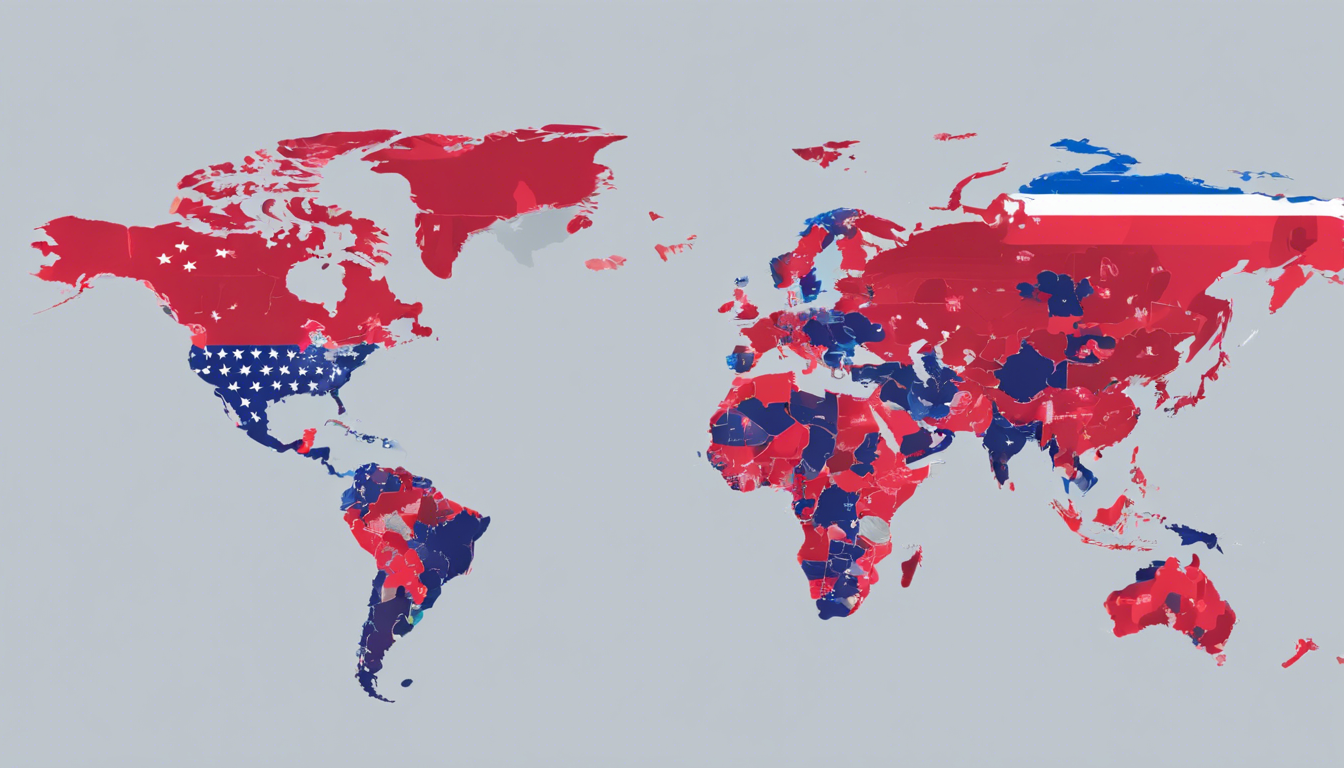As the United States gears up for the 2024 presidential election, the specter of foreign interference looms larger than ever.
With a history of foreign meddling that evolved notably since 2016, nations like Russia, China, and Iran are employing increasingly sophisticated disinformation tactics aimed at sowing discord and undermining public trust in the electoral process.
This article delves into how these strategies have transformed in recent years and why it is crucial for voters to remain vigilant as they navigate a complex media landscape rife with misinformation.
Understanding these evolving threats is essential for safeguarding the integrity of American democracy in the lead-up to what promises to be a fiercely contested election.
Key Takeaways
- Foreign interference in U.S. elections has evolved significantly since the 2016 election.
- Countries like Russia, China, and Iran are employing sophisticated disinformation strategies to undermine American democracy.
- In the 2024 presidential election, even small influences from foreign entities could lead to major shifts in public opinion and election outcomes.
The Historical Context of Foreign Interference in U.S. Elections
The history of foreign interference in U.S.
elections is a complex narrative that has evolved considerably over the years, particularly as we approach the 2024 presidential election.
Initially marked by overt and often clumsy tactics, such as the Russian efforts in 2016 that relied on crude social media posts filled with inaccuracies, these strategies have matured into more sophisticated and refined operations designed to sow confusion and discord among the American electorate.
Nations like Russia, China, and Iran have adapted their approaches; for instance, current intelligence suggests that Russia is actively working to bolster Donald Trump’s bid, while Iran is supporting Vice President Kamala Harris.
Meanwhile, China appears to be taking a more neutral stance, observing the unfolding dynamics.
This shift illustrates a chilling reality: as these foreign powers become adept at manipulating the vulnerabilities inherent in the modern media landscape, even small influences on public opinion can escalate into significant ramifications for democratic processes.
The continual adaptation of these disinformation tactics underscores an urgent call for increased vigilance and proactive measures to safeguard the integrity of American elections.
Modern Tactics and the Challenge of Disinformation in 2024
As we approach the pivotal elections of 2024, the challenge of disinformation has emerged as a critical concern for both voters and electoral integrity.
The tactics employed by foreign actors are not only more sophisticated but are also intricately woven into the fabric of everyday media consumption, making them harder to identify.
This evolution means that misleading narratives can spread rapidly across various platforms, often disguised as legitimate discourse.
Furthermore, the psychological strategies involved in these campaigns exploit the existing divisions within American society, effectively amplifying polarization among the electorate.
With the potential for even minor disinformation efforts to sway public perception, there is an urgent need for robust countermeasures that not only educate citizens about the signs of disinformation but also empower them to critically analyze the information they encounter.
Only through informed vigilance can the integrity of the democratic process be preserved against these modern tactics of subterfuge.










